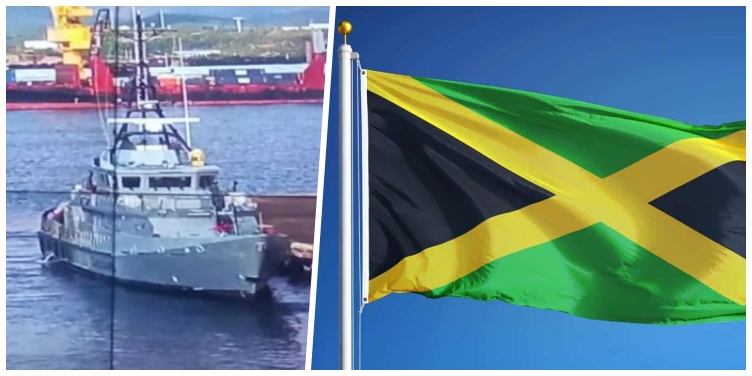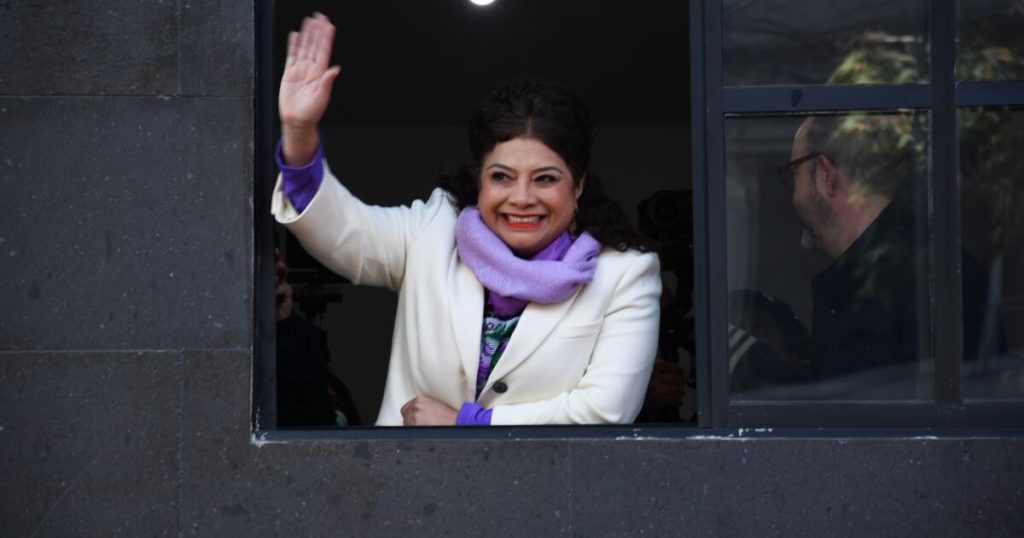AREQUIPA, Peru – The Jamaican authorities returned 21 irregular migrants this Saturday, December 28, through the port of Santiago de Cuba, in the first operation of this type carried out from that country by sea.
According to information from the Ministry of the Interior (MININT), cited by the official press of the regime, the majority of returnees are from the Granma province.
With this return, there will be 93 operations of this type with a total of 1,384 people from different countries in the region, in 2024.
This month of December, several deportation operations have transpired on the Island, especially from the United States.
For example, Washington returned 42 irregular migrants (29 men and 13 women) to the Island on a flight that arrived on December 19 at the “José Martí” International Airport in Havana.
According to a note from the MININT, also reproduced by state mediatwo of the migrants were transferred to the investigation body for having been identified as “alleged perpetrators of criminal acts before leaving the country.”
Just one day before, on Wednesday, December 18, the United States Coast Guard returned another 43 people to Cuba who had participated in two illegal departures.
The state agency Prensa Latina accurate that the group was made up of 34 men, seven women and two minors, who were returned to the Island through the port of Orozco, Bahía Honda, in the province of Artemisa.
The migrants had left the Island by sea and were intercepted by the United States Coast Guard.
Havana and Washington resumed deportation flights in April 2023, focused mainly on people considered “inadmissible” after being detained on the United States border with Mexico. In addition, they maintain a bilateral agreement that establishes that all migrants who arrive by sea to US territory will be returned to the Island.
Numerous groups of Cubans try to cross the Straits of Florida to escape the harsh conditions of life on the Island. In the midst of a context of shortages of food, medical supplies and a serious inflationary crisis, many residents of the largest of the Antilles risk their lives to reach the North American country.
Despite the current immigration crisis, due to which almost half a million Cubans have entered the United States in the last three years, the parole humanitarian program launched by the Biden Administration in January 2023 has contributed to reducing the flow of rafters.
Since the beginning of 2024, returns of Cubans have also been carried out through commercial flights from the Cayman Islands, Bahamas and the Dominican Republic.















